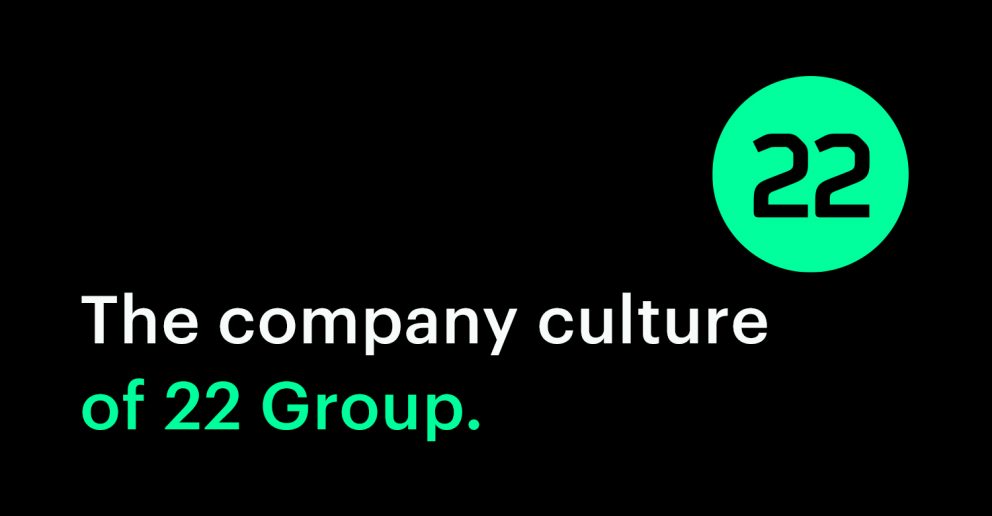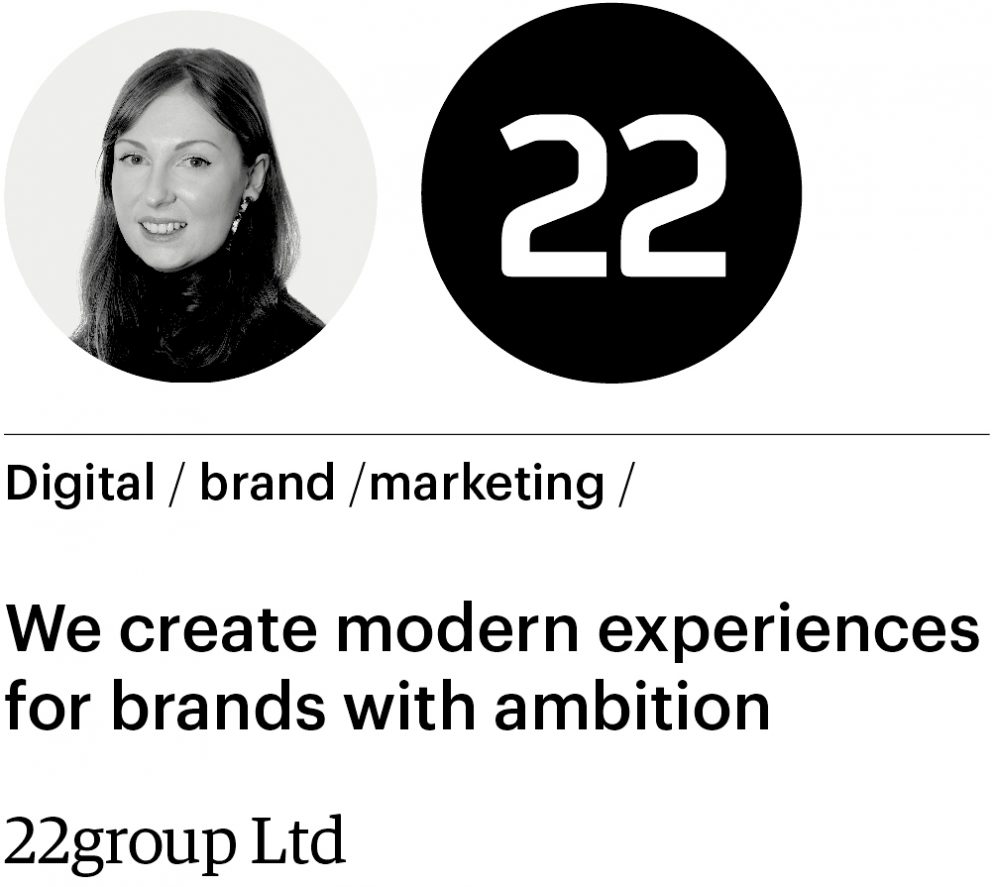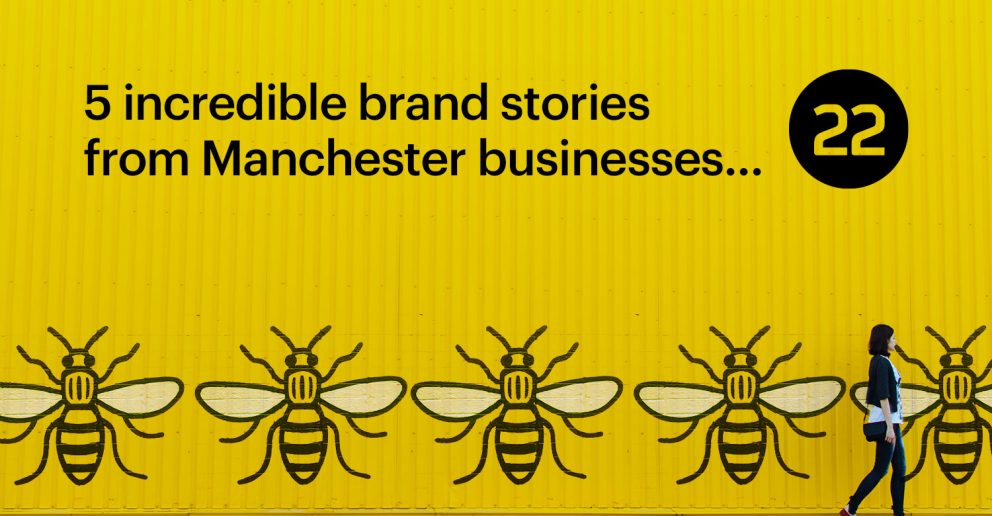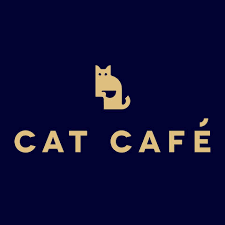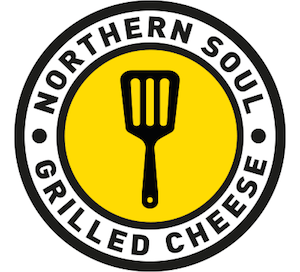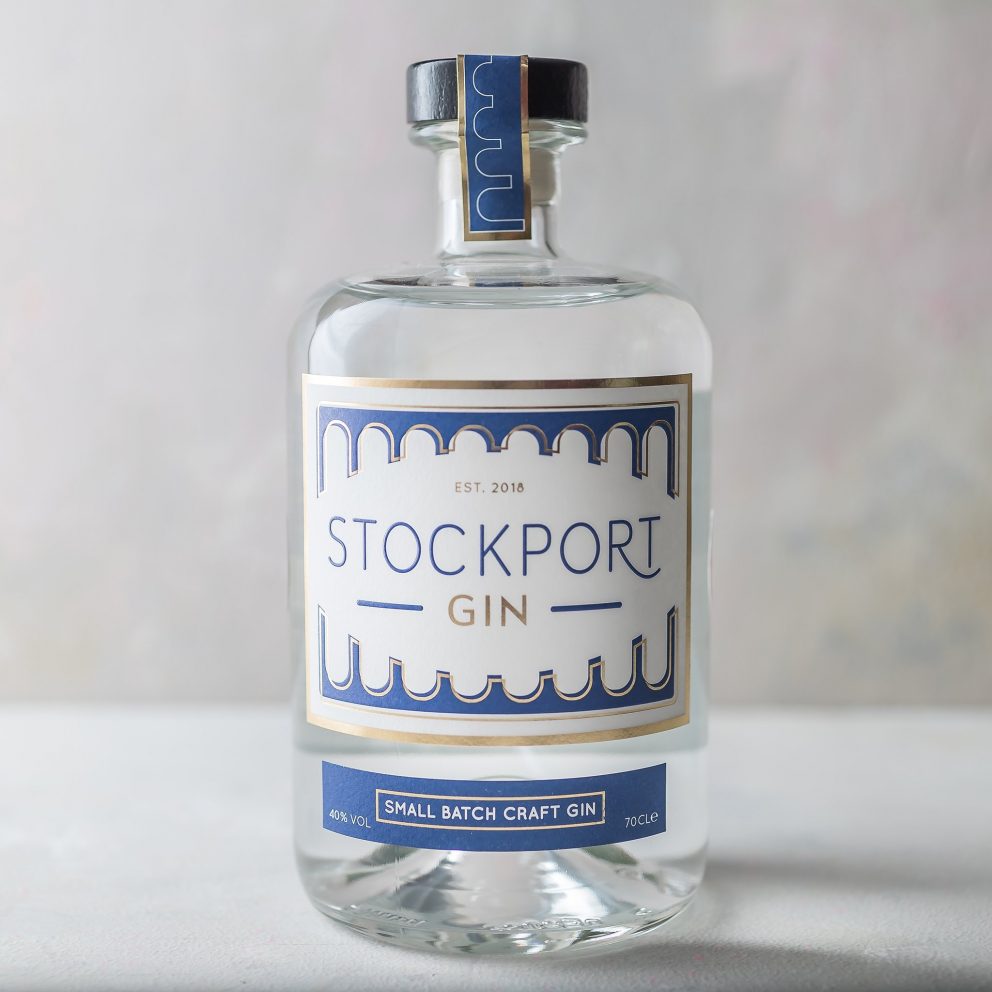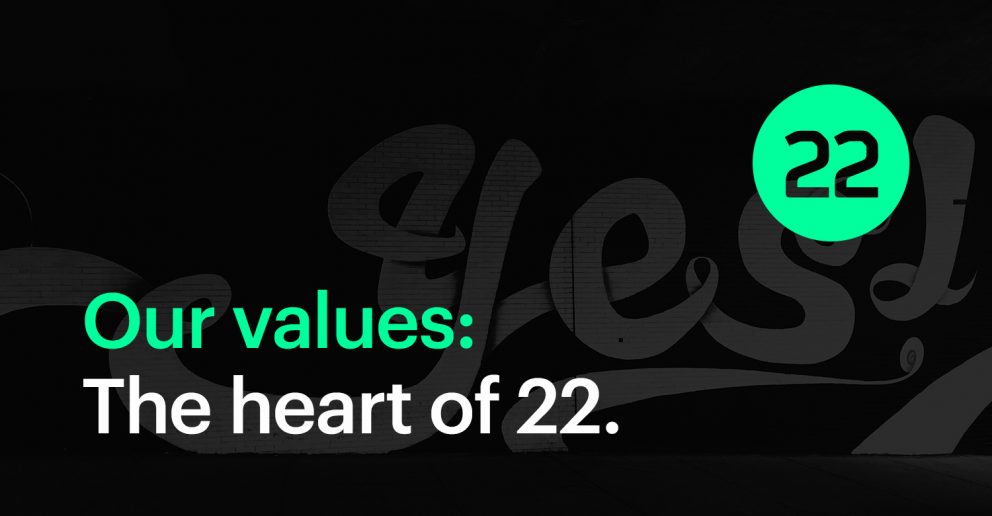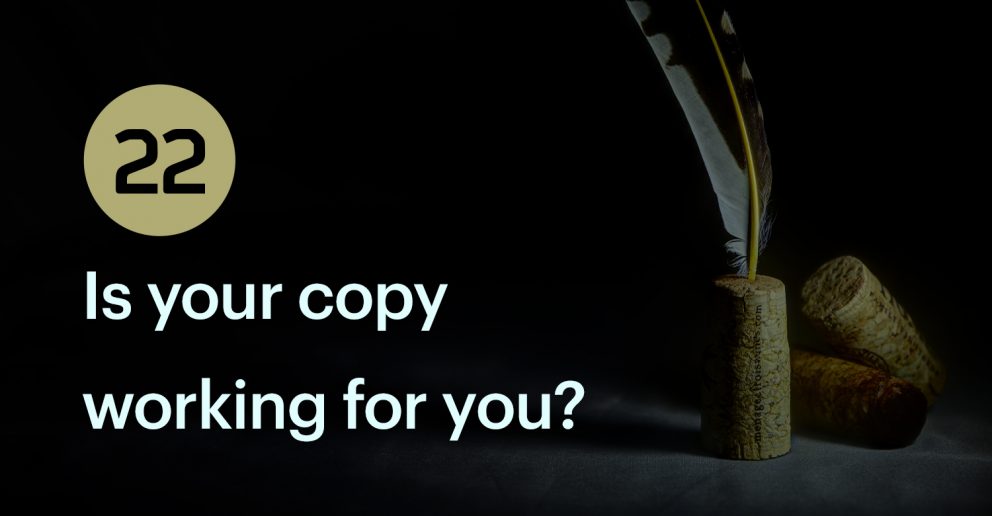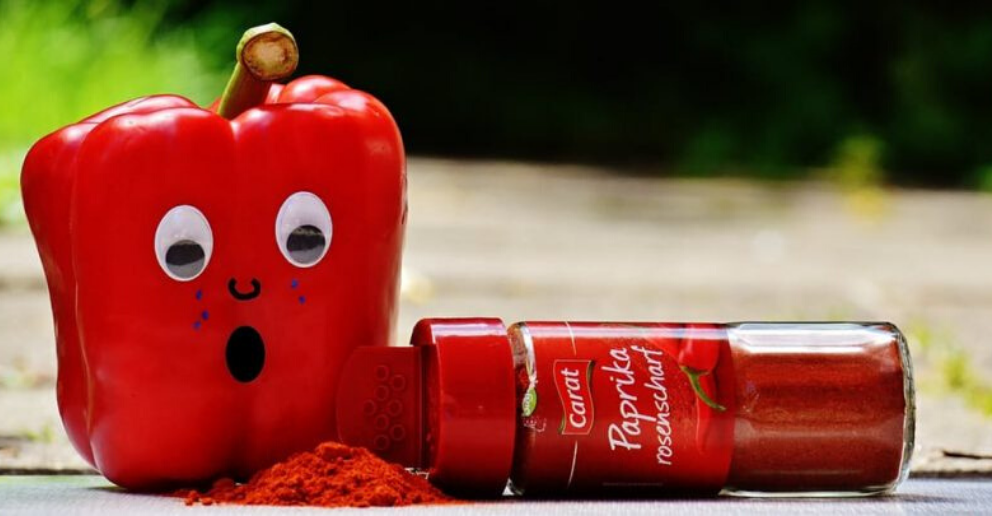‘Culture.’
One of the stylish, corporate buzzwords that roam around, and, when overused, can be as irritating as a wasp at a picnic.
Yet, this is jargon that we can’t keep batting away, as it directly impacts our day-to-day.
Company culture is essentially the personality and character of an organisation.
It’s the environment of a workplace - how it functions, how employees communicate and how staff are managed.
Company culture can have a significant impact on your job satisfaction and productivity. It is one of the most important factors to consider when hunting for work.
Working out what sort of company culture works for you is very personal and directly relates to your habits as a worker. Are you an intrinsic team player? Do you work far more efficiently when left independently? Do you need clear targets to stay focused?
These elements are so important to establish, but can be tricky to figure out before getting stuck into a job. And, you may find out, too late, that a company's culture doesn’t align with your personal working style.
That’s why we’ve decided to be as transparent as possible!
We’re laying our cards out on the table and giving a thorough overview of our company culture so that we can attract like-minded people.
Our company culture is intrinsically linked to our values. We believe that working in a friendly environment - one of authenticity, integrity and mutual respect - is conducive to productivity and job satisfaction.
As a team, we’re a committed bunch. We’re dedicated to our work, but also to one another and we’re proud of our upbeat and supportive working environment.
We’re proud of our retention of staff and how the atmosphere we’ve created feels more like working with friends than colleagues.
Here are 8 aspects of our company culture...
1. We can wear what we want to the office. The relaxed and informal nature of our office environment means we don’t assign to the corporate world of suits and ties. We think being comfy is far more important.
2. We have quarterly activities as a team. In the past we have been Go Karting and for a night out at Flight Club. Each member of the team gets their own turn to pick an activity of their choice.
3. We have an Office Mum. Marcia, our officer manager, is the company’s unofficial, but kinda official, office mum. She looks after us superbly and brightens up our office with her sense of humour. She enjoys rating the cups of tea we make her out of 10 and offering us sage advice. We even got her a mother’s day gift last year!
4. We have flexible hours. As a company we believe that we are all far more productive when we can work at our optimum hours. We have a combination of night owls and early birds in the office and our flexibility suits both.
5. We can easily work remotely! Our jobs are usually done from behind a computer screen, allowing us that flexibility of work. We have the option of working from home a few times a week, whenever suits us.
6. Our project manager Stephen regularly keeps the office well-stocked with all manner of sweet treats. Doughnuts, biscuits, cakes - you name it.
7. We sometimes like to indulge in Fat Fridays - a day where we explore the culinary delights of the Northern Quarter. This is a day completely free from calorie-counting.
8. We have 25 days of holiday!
If you like the sound of our company culture, check out our recent PHP developer role.
